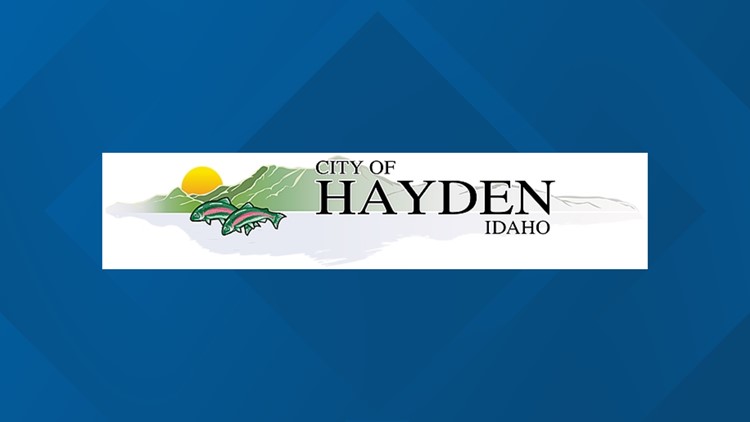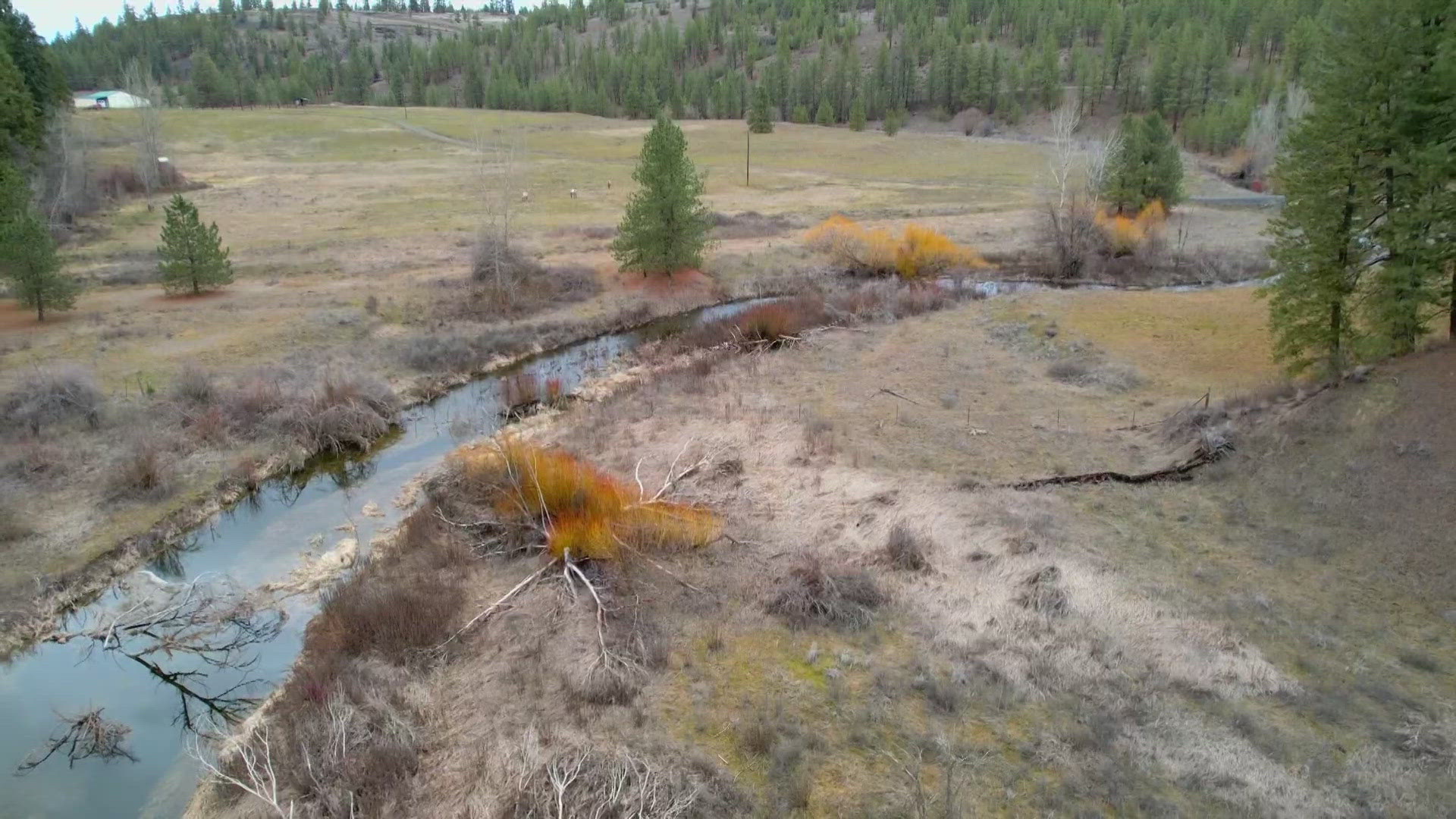HAYDEN, Idaho — Hayden City Council members are exploring an option to conduct a citywide survey, gathering feedback from the community for future planning.
“(We want to know) what are the priorities of the citizens, as far as infrastructure and services, and how are we doing on it?” said Hayden Council member Ed DePriest.
Council members held a workshop Dec. 21 with Ron Gailey, founder of OnPointe Insights, which conducts surveys for cities across the country on behalf of city staff.
In the workshop, requested by council members, Gailey presented a survey plan that would cost $15,950 to explore topics like growth, access to services and traffic flow.
“OnPointe Insights' survey would be distributed via email, text message, social media, the city website and QR codes,” said Abbi Sanchez, Hayden city clerk. “The survey is an online survey and ideally would take less than 10 minutes to complete.”
The council members are expected to decide when they meet Jan. 10 whether to sign a contract with OnPointe.
“We use dashboards to make it easy,” Gailey said. “And cities typically publish these dashboards on their websites, making it easy to access by the citizens.”
Some of the areas where council members hear the most concern from citizens are growth, traffic, housing affordability and overcrowding. Council member Sandra White said, during a Dec. 13 council meeting, that she wants to understand what the citizens of Hayden feel before proceeding with planning.
“It’s always hard, particularly as a staff member, to ask, ‘How are we doing?’” said Brett Boyer, Hayden city administrator. “But it’s more important to know what the citizens are thinking.”
Insights from the survey would allow Hayden council members to know with near certainty what the residents want for Hayden’s future.
“I’m beyond comfortable that it’ll be clean, logical and you’ll be able to make a decision,” Gailey said.
Gailey provided examples of city surveys he’s conducted in the past for cities with similar challenges to Hayden. One close example was Springdale, Utah, a small town in the foothills of Zion National Park that has seen huge growth.
“Citizens of the community didn’t want the city to grow anymore, but there were people living in tents,” Gailey said. “The city council believed that they could help people living in tents find access to affordable housing without conflicting with the community’s beliefs.”
Housing access in Springdale was a complex issue to sort through, with several variables in affordable housing that elicit different reactions from different demographics.
“People who rent a home were much more likely to prefer one type of home," Gailey said, "over people who were homeowners, who prefer a different type.”
He tailored the Springdale survey to understand how all its citizens related to different housing developments, ranging from tiny houses, single-family homes, duplexes, apartments and condos.
“We’ve had growth where in some cases I’d say we’re behind in our infrastructure,” Boyer said.
Councilman Roger Saterfiel said he believes the growth rate of 4% has been a stable rate, but DePriest said he believes he was elected on the platform of slowing growth for the city.
“What would you feel would be an ideal population in the next 20 years?” DePriest said. “How would you ask that type of question?”
DePriest wanted to understand how the survey could ask specific questions about what the citizens envision without leading answers or evoking a bias.
“I like where you’re going with this and I think we can come up with a question that I think would be fair,” Gailey said. “Maybe we could try to explore the future of Hayden from several points of view. So we’re not just trying to protect the growth rate.”
Possible avenues to explore growth in the survey might be with questions around livability, health and economy, or taxation and infrastructure.
“There are people who will say, ‘we should not grow,’ and there you go,” Gailey said. “But that has its own problems.”
Questions that speak to the complexities of growth can help the council members to develop compromises that reflect the values of the population.



